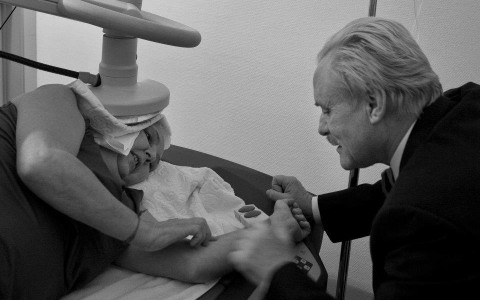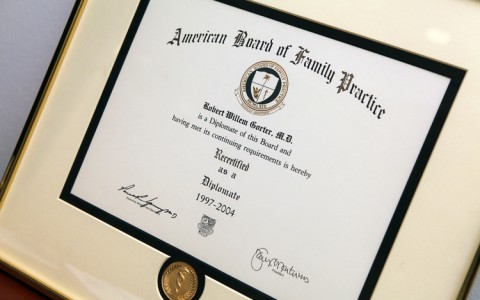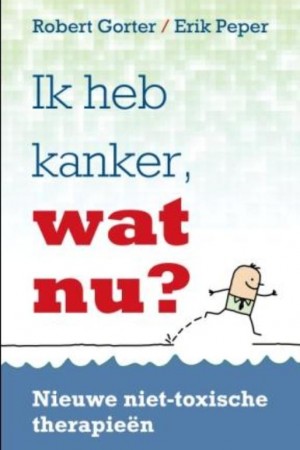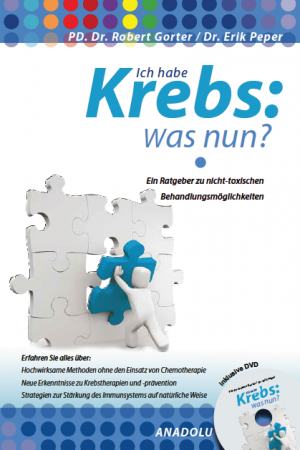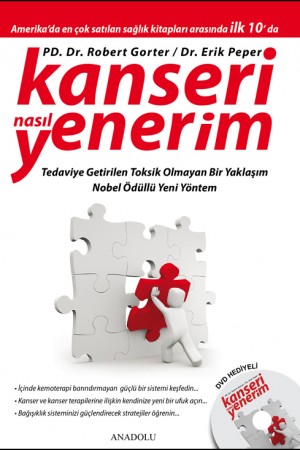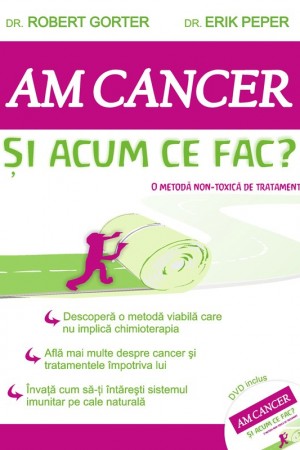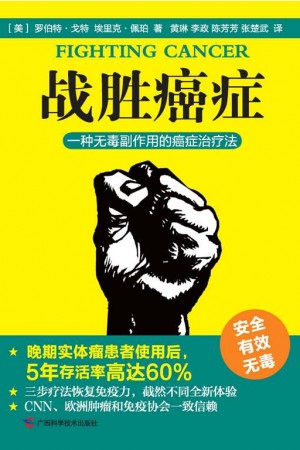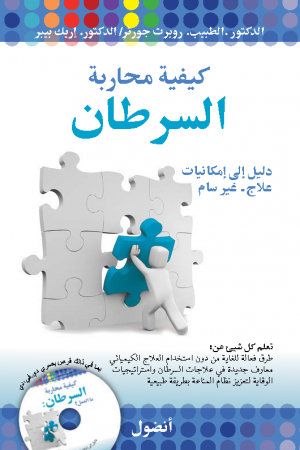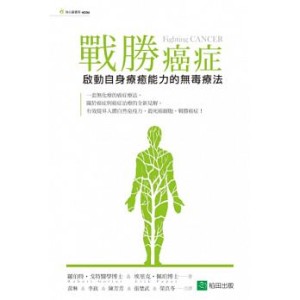In the 1980’s, Dr. Gorter served as a physician and researcher on AIDS at San Francisco general Hospital in the world-renowned Ward 86. He continued his involvement in research within the emerging field of immune therapy when Ward 86 became part of the UCSF AIDS Program. Subsequently, for four years, Dr. Gorter was the medical director of the Department of AIDS Epidemiology and Biostatistics at UCSF.
He was also highly active in program development in the initiation of the AIDS Health Project, the Coming Home hospice movement, and the Visiting Nurses’ Association home care services hor HIV/AIDS and cancer patients . This work, conducted at the very beginning of the AIDS epidemic in the United States and Europe, provided Dr. Gorter the opportunity to be involved in the research and clinical care that first defined the complex elements of the human immune system. These studies from UCSF Medical Center have resulted in the most extensive knowledge base on immunity in HIV infection in our time. When Dr. Gorter moved the focus of his work to cancer treatment a decade later, he integrated what he had learned in clinical practice and program development. He applied clinically relevant research on immune therapy to develop nontoxic, immune-based therapies for the treatment of cancer.
Drawing on what he learned as an AIDS researcher and on his clinical experiences, he began developing a cancer treatment program based on the principles of intensive and targeted immune restoration. He has also participated in research on botanicals that address cancer, as well as other forms of immune suppression. In Berlin he founded the European Institute for Oncological and Immunological research, which he directed until 2001.
This Institute was affiliated with the Free University (Freie Universität) and Dr. Gorter was also asked to lecture regularly to medical students and young doctors in this field. Dr. Gorter has spent more than two decades establishing and refining effective methodology for immune therapy. He has pioneered the integrated use of therapeutic fever (fever-range, total-body hyperthermia) and has also worked extensively with an approach that essentially vaccinates the immune system to restore latent immune function.
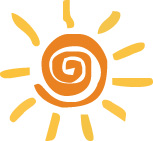

 Deutsch
Deutsch Nederlands
Nederlands Turkish
Turkish Russian
Russian Italiano
Italiano Français
Français Português
Português العربية
العربية